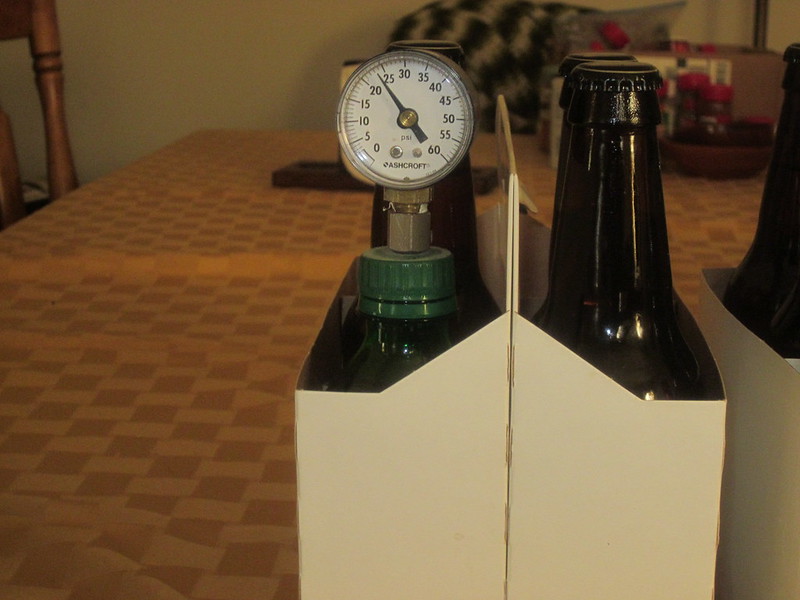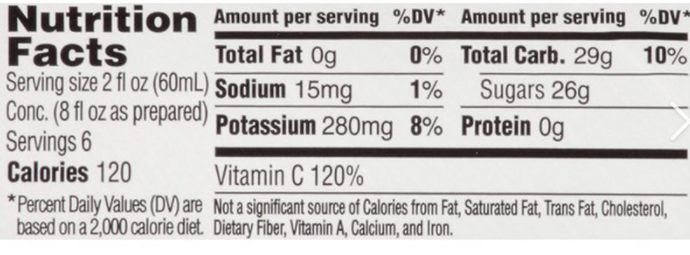Sorry if this has been discussed previously, I've been making Edwort's apfelwein for several years and enjoyed the ease of it and the taste of the finished product but I'm looking to change it up. I'm looking for something that is similarly easy and cheap to brew but has less of the wine-like taste and maybe more body to it. Perhaps also something that didn't need to age as much to be really drinkable would also be a plus.
I was wondering if simply swapping the champagne yeast for something like an ale yeast or yeast specifically for cider could get me what I'm looking for. I don't mind it being dry and usually bump the ABV with some dextrose in addition to bottle carbing (so I may be stuck with the dryness regardless?)
Is there more to it then that or would just changing the yeast strain make a difference? Any recommendations on yeast strains that will allow me to get to that 8-9% range and get a dry or semi-dry easy drinking carbonated cider?
I was wondering if simply swapping the champagne yeast for something like an ale yeast or yeast specifically for cider could get me what I'm looking for. I don't mind it being dry and usually bump the ABV with some dextrose in addition to bottle carbing (so I may be stuck with the dryness regardless?)
Is there more to it then that or would just changing the yeast strain make a difference? Any recommendations on yeast strains that will allow me to get to that 8-9% range and get a dry or semi-dry easy drinking carbonated cider?



